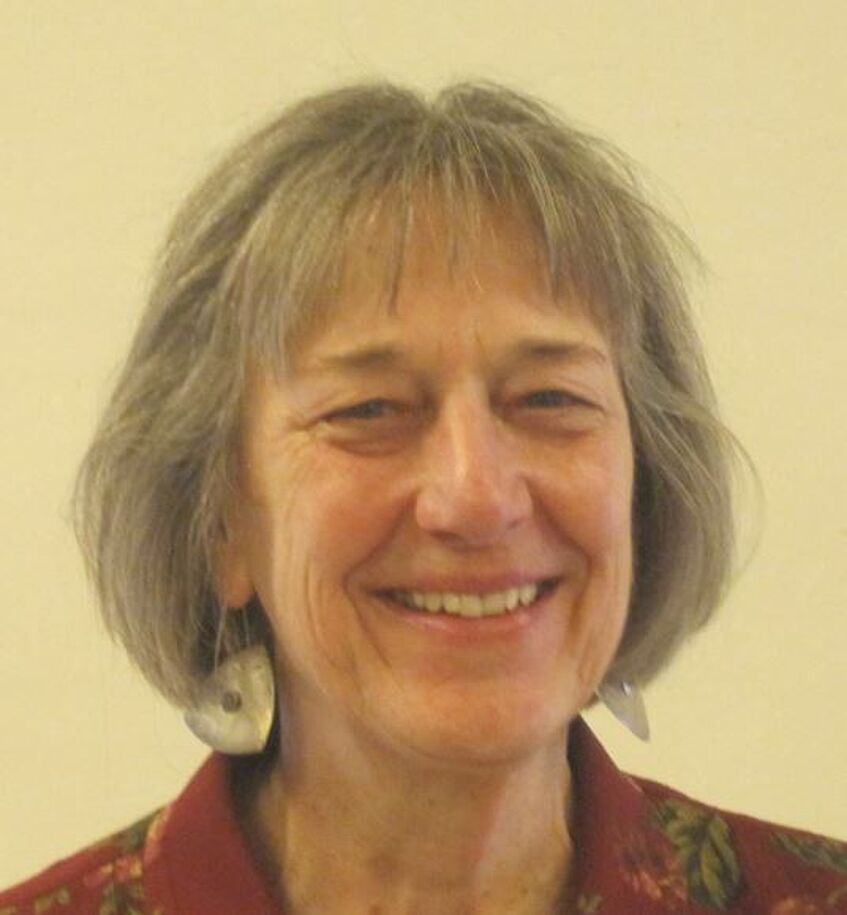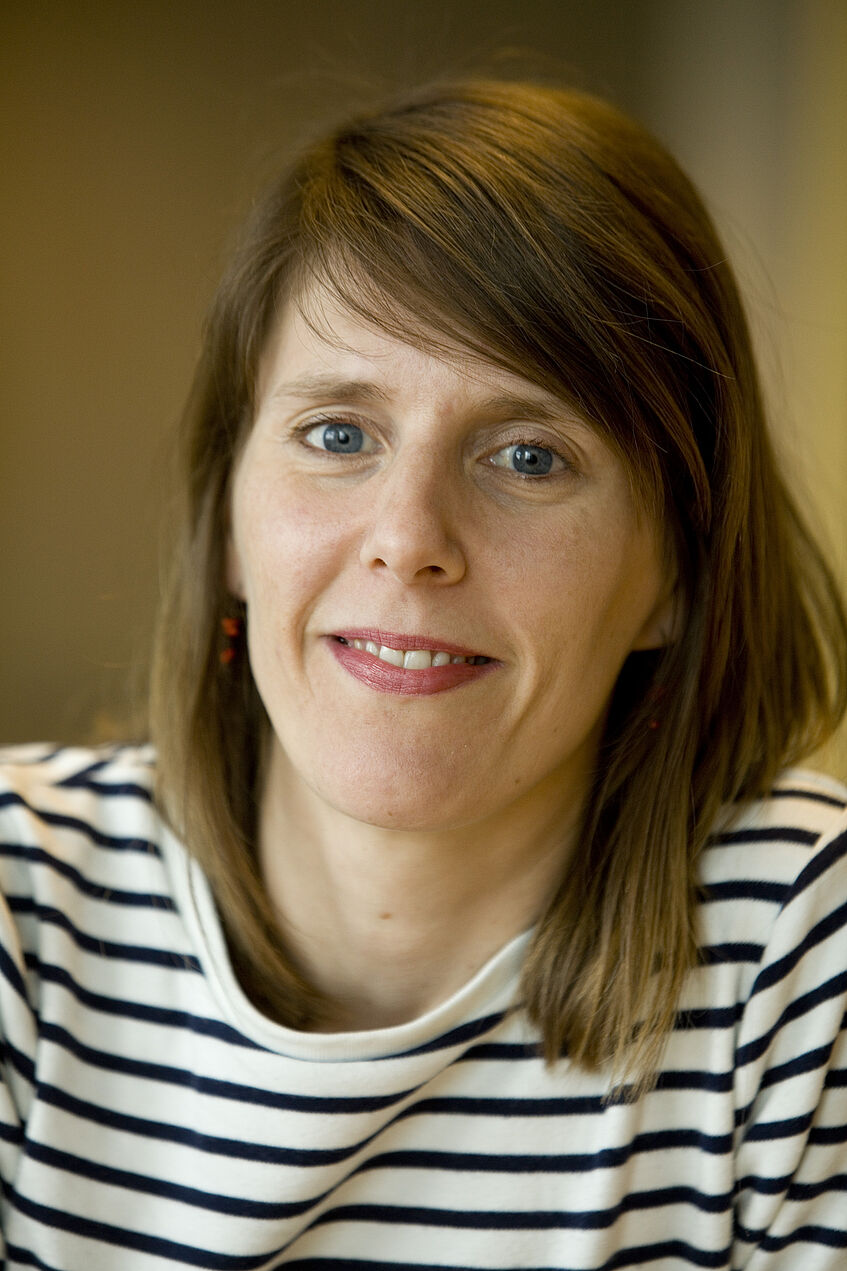Arbeitsgruppen
AG 1 Dokumentarische Methode mit Stefan Hampl, Melanie Holztrattner, Nils Kumkar & Thomas Plotz
AG 2 Forschen und Lehren mit Videos mit Matthias Huber
AG 3 Grounded Theory mit Tilman Drope
AG 4 Mixed Methods mit Judith Schoonenboom
AG 5 New Materialist Ethnography mit Cornelia Schadler
AG 6 Objektive Hermeneutik mit Andreas Wernet und Thomas Wenzl
AG 7 Partizipative Forschung mit Michelle Proyer & Tobias Buchner
AG 8 Qualitative Inhaltsanalyse mit Philipp Mayring
AG 9 Quantitative Forschungszugänge mit Christoph Helm
AG 10 Tiefenhermeneutik mit Hans-Dieter König und Markus Brunner
Keynotes
Jennifer C. Greene
Mittwoch, 07.09.2022, 16:15 Uhr (UTC+2)

Just What is Mixed in a Mixed Methods Study, and With What Rationale? Contributions of a mixed methods approach to the contemporary character and practical value of educational and social inquiry.
Abstract
When I started graduate school in 1971 (in the field of educational psychology), the primary social science methodologies of currency at that time were experimentation and survey research. By the end of my graduate studies in 1976, multiple revolutions in social science methodology had started to arrive, including case study, narrative inquiry, critical social science, and later, feminist inquiry and post-structural perspectives. Amidst this explosion of methodological options for social inquiry, ideas about mixing methods also began to surface.
In this presentation, I will endeavor to map the journey taken by mixed methods inquirers during my time as an active methodological scholar, and to present and discuss the important contributions that mixed methodology has made to the fields of educational and social inquiry. Further, I will identify important challenges to mixed methods inquiry, including some of the following.
- What specifically does it mean to “mix” different methodologies in the same study?
- What specifically is mixed in a mixed methods study?
- How does the mixing of methods and data actually happen?
- What are examples of well-used strategies for mixing?
- What methodological criteria are appropriately used in judging the quality of mixed methods social inquiry?
- In what contexts and for what inquiry purposes is a mixed methods approach most useful?
- And perhaps most importantly, in what ways does a mixed methods approach generate unique and valuable opportunities for learning?
There are multiple answers to these questions. And the mixed methods field remains open to multiple definitions and meanings of key constructs in its theory. I welcome your comments, observations, and questions as we go along.
Bio
Jennifer C. Greene completed a Bachelor’s degree in Psychology from Wellesley College in 1971, followed by a Doctoral degree in Educational Psychology from Stanford University in 1976. She then had three academic posts, all in the domain of education, broadly defined: the University of Rhode Island, Cornell University, and the University of Illinois at Urbana-Champaign.
Lieselot Vandenbussche
Donnerstag, 08.09.2022, 16:15 Uhr (UTC+2)

Methods and ‘knowledge work’: conventions, creativity and politics
Abstract
- What are we actually doing when, with our research, trying to ‘come’ to know a social phenomenon we are interested in – or when we do ‘knowledge work’?
In this keynote, I take up these questions and make a journey from more conventional ways of thinking about methods to some compelling, critical and somehow liberating ideas about the generative properties of research methods. I draw on the work and arguments of John Law in After Method (2004) and connect them to my own experiences with searching for ‘appropriate’ methods to study my 'object', and use his ideas to suggest a more open and creative mind towards methods, beyond paradigmatic divisions.
I also address how I conceive methodological bricolage and its principles – a concept introduced by Denzin and Lincoln (1994) - as an approach that makes a start with a contextualized understanding of methods, but still sustains the conventional division between qualitative and quantitative research. To go beyond that division, following Law, we need to rethink what methods do and conceive methods as ‘devices’ that make particular realities visible and others invisible.
Bio
Lieselot Vandenbussche is an Assistant Professor, Public Administration, at VU Amsterdam. She studies collaborative governance processes and herein focuses on the interhuman relating dynamics between actors involved in collaborative networks, on a micro-level, and on how these dynamics shape the course and actions of collaborative governance processes. Central to her research is a bottom-up and process-oriented research approach. This approach builds on the premises that to get an understanding of complex social processes one needs to (1) come to grips with how actors experience, live through and give meaning to social phenomena/processes, and (2) appreciate the processual and dynamic nature of social processes. To grasp the complexities of social processes and the lived world, Lieselot draws on principles of methodological bricolage – always seeking to creatively blend methods that ‘match’ situational and contextual contingencies to accomplish knowledge work.
